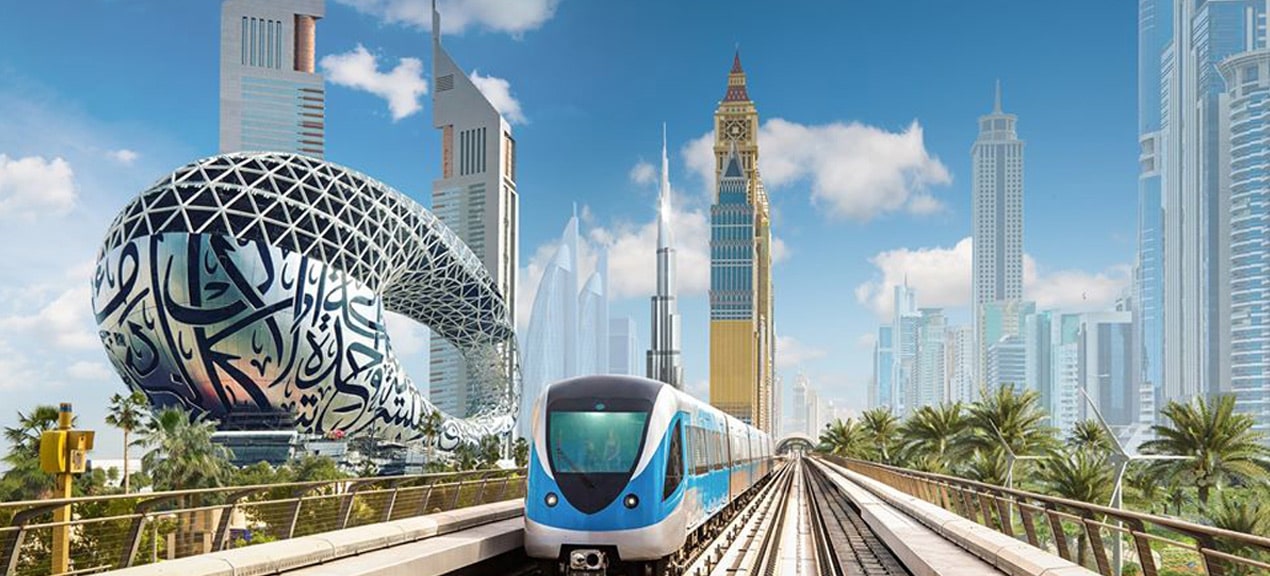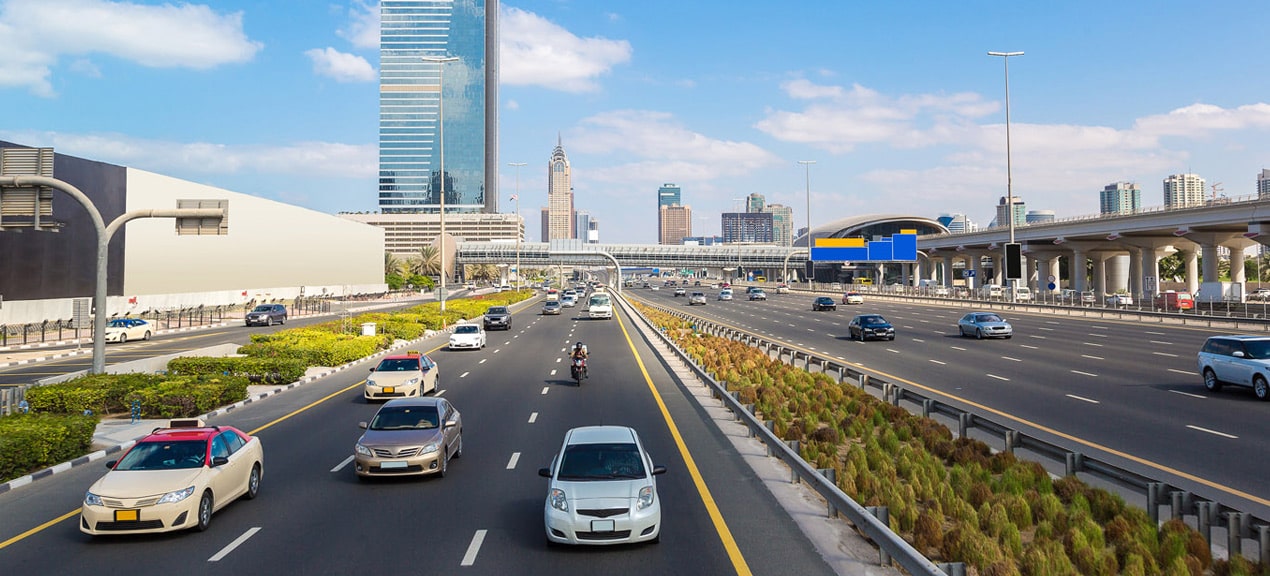
Dh16.8 Billion Roadmap to 2030
Dubai’s Roads and Transport Authority (RTA) has unveiled a comprehensive roadmap under its Commercial and Logistics Land Transport Strategy 2030. With a bold vision to transform the emirate’s commercial transport landscape. The RTA is set to launch 17 groundbreaking projects. This initiative aims to generate Dh16.8 billion, doubling the authority’s contribution to Dubai’s economy by 2030.
Significant Growth in Dubai’s Commercial Transport Sector
Dubai’s commercial transport sector has been witnessing exponential growth. Currently, 351,000 registered commercial vehicles and 9,699 companies operate within the sector. A remarkable compound annual growth rate of 34% over the past five years shows this significant expansion.
The Visionary Dh16.8 Billion Economic Roadmap
The RTA’s strategy is about growth, sustainability, and innovation. The Commercial and Logistics Land Transport Strategy 2030 is poised to revolutionize Dubai’s commercial transport and logistics sector through several key initiatives:
- Application of Tachographs for Heavy Trucks: Tachographs will be introduced to monitor and regulate driving hours and ensure compliance with safety standards.
- Provision of Autonomous Vehicles and Towing Trucks: Integrating autonomous vehicles will enhance efficiency and safety in the commercial transport sector.
- Commercial Transport and Logistics Forum: This forum will serve as a platform for stakeholders to discuss, collaborate, and innovate within the industry.
- Membership in International Federations: The RTA aims to align with global best practices and standards by joining relevant international federations.
- Creation of the National Committee for Small Vehicles: This committee will focus on regulating and developing small commercial vehicles.
Modern Technology and Environmental Sustainability
A key component of the strategy is the adoption of modern technology. The RTA aims to achieve a 75% adoption rate of cutting-edge technologies in the commercial transport sector. This includes the development of digital platforms to support logistics, value-added permits, and no-objection certificates.
Furthermore, the strategy emphasizes environmental sustainability and the RTA is committed to using zero-emission vehicles. This aims to reduce carbon emissions by 30%. This initiative aligns with Dubai’s broader ecological conservation and sustainable development goals.
Digital Platforms and Enhanced Services

To support the commercial transport and logistics sector, the RTA plans to develop several digital platforms:
- Heavy Freight Services Platform: This platform will streamline and enhance the management of heavy freight services.
- Driver Behaviour Monitoring: Implementing systems to monitor and improve driver behavior, ensuring higher safety standards.
- Aftermarket Platform: A platform to support the aftermarket services for commercial vehicles, facilitating better maintenance and service delivery.
- Construction Equipment Rental Platform: Simplifying the construction equipment rental process makes it more efficient and accessible.
- Road Freight Data Centre: Establishing a centralized data center to manage and analyze road freight data, enabling data-driven decision-making.
- Updates to Heavy and Light Truck Fleets: Continuous updates and improvements to the truck fleets to ensure they meet the latest safety and efficiency standards.
Strategic Partnerships and Investment Opportunities
Additionally, the strategy focuses on fostering strategic partnerships and identifying investment opportunities. Mattar Al Tayer, Director General and Chairman of the Board of Executive Directors of the RTA, emphasized the importance of collaboration with strategic partners, private businesses, distributors, and retailers. The goal is to create a conducive environment for investment and innovation in the commercial transport sector.
Reducing Traffic-Related Deaths
Improving road safety is a critical objective of the strategy. The RTA aims to significantly reduce annual traffic-related deaths by implementing advanced monitoring systems. Furthermore, they plan to adopt autonomous vehicle technology to enhance road safety. This focus on safety will protect lives and improve the transport sector’s overall efficiency.
Conclusion
Dubai’s Commercial and Logistics Land Transport Strategy 2030 marks a significant milestone in the emirate’s development. This strategy advances Dubai’s journey towards becoming a global logistics hub. The RTA has a robust plan to raise Dh16.8 billion, adopt modern technologies, and prioritize environmental sustainability. This initiative will double the RTA’s economic contribution by 2030.
As Dubai continues to expand and innovate, the RTA’s strategic initiatives will be essential. These efforts will shape the future of commercial transport and logistics. This ambitious roadmap is a testament to Dubai’s commitment to excellence, sustainability, and economic prosperity.